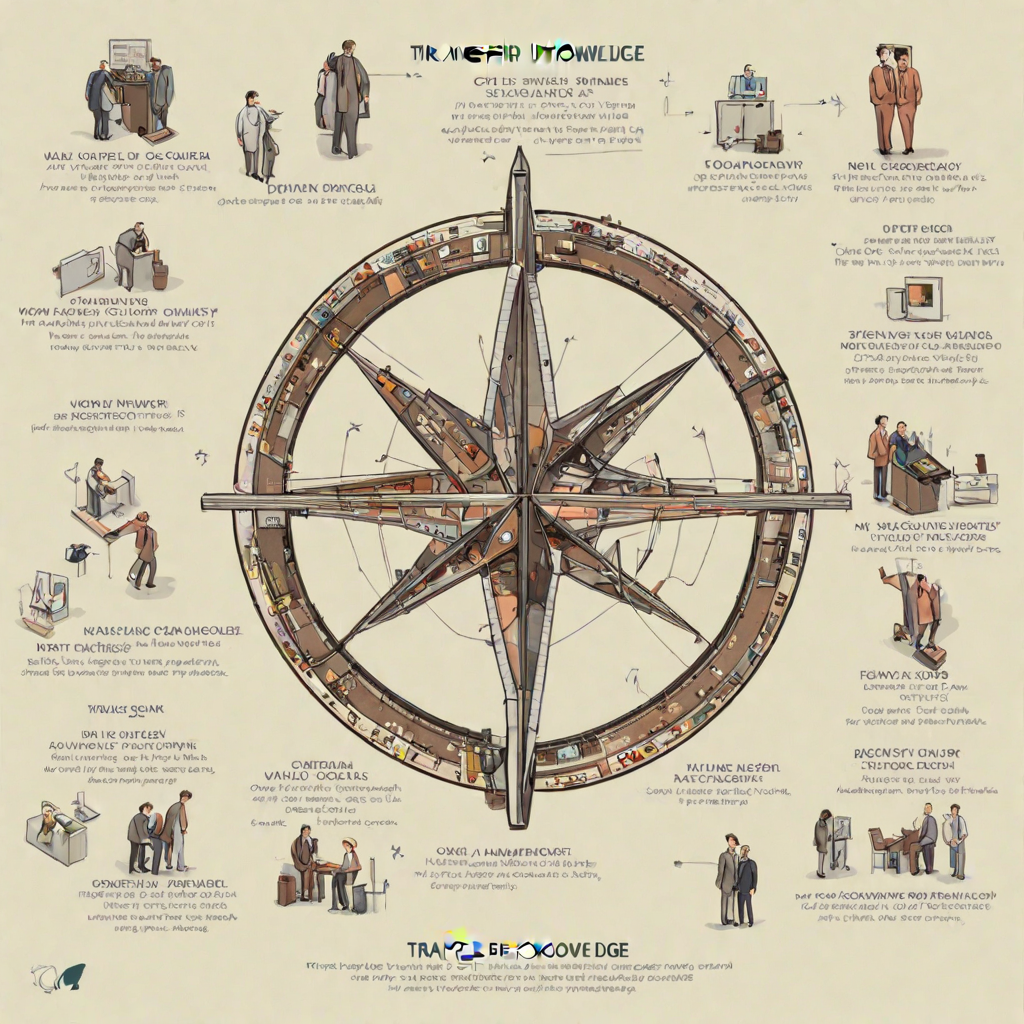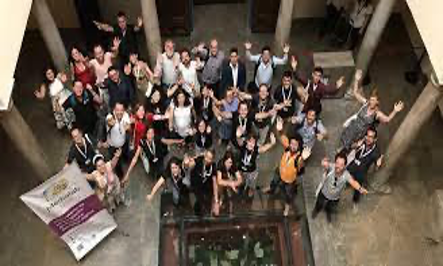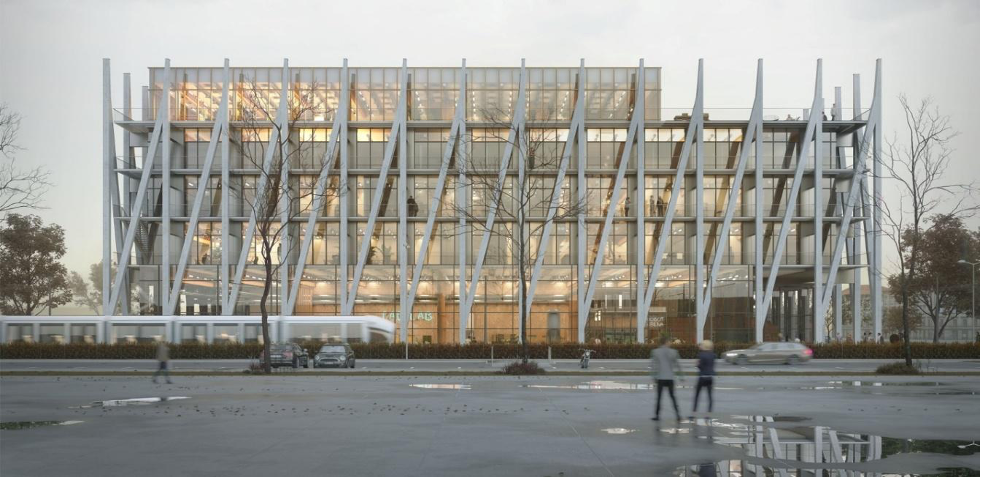
Feasability Study for setting up of Co-Creation Labs
As part of their efforts to Re-Think Transfer in the Arqus Research and Innovation project, Alliance partners have worked on the issue of co-creation in transfer, carrying out a feasibility study for the setting up of co-creation labs at universities where they don’t exist yet.
This internal feasibility study has used information from:
- Webinars on co-creation experiences at Arqus universities and beyond, literature reviews on advantages and challenges and SWOT and PESTLE analyses.
- Review of structure and activities of existing Co-Creation labs Europe-wide and at Arqus universities.
- Review of co-creation activities at Arqus universities.
“A Co-Creation lab at university would be a collaborative space – physical or virtual one – designed to bring together students, faculty, and external partners to work on projects and initiatives that tackle real-world challenges (Prahalad and Ramaswamy, 2004). By working together and sharing knowledge, the participants of the Co-Creation lab can create innovative solutions that positively impact their communities”.
Source: “Strengthening Innovation Capacity: Training and Co-Creation Labs, WP4 Arqus Research and Innovation, 2023”
Co-Creation Labs at Arqus universities and Europe-wide
Arqus universities Co-Creation Labs

Media Lab (University of Granada)
Medialab at the University of Granada acts as a meeting point for research, analysis, and the dissemination of opportunities generated by digital technologies in the areas of culture and society. It defines itself as a social innovation laboratory or an instrument to think together with experimentation and prototyping approach, combining reflection and orientation to action.

Innovation Factory at University of Lyon
Innovation Factory (Fabrique de l’Innovation) at Lyon university strengthens the relationships between academic and socio-economic communities by working in synergy with the Student Center for Innovation, the Beelys Transfer and Entrepreneurship centre (PEPITE) and Pulsalys, the Technology Transfer Acceleration Company (SATT).
Other co-creation labs and networks in Europe
- The European Network of Living Labs
- The Waag Society, Netherlands
- Co-Creation Lab at Aalto University, Finland
- Smart City Lab, Tartu, Estonia
- Krakow Living Lab, Poland
Co-Creation Activities at Arqus universities
Even where no established co-creation labs exist, many co-creation activities are already being carried out at Arqus universities.
The concept of co-creation is an integral part of Arqus Alliance universities strategies and / or practices. Universities are closely linked with their environments, and cooperation with other organizations, institutions and companies is seen as a major enabler in creating knowledgeand innovation and generating value to the society as a whole. Stakeholders are involved via joint events, workshops, working groups, governing bodies, joint projects, surveys and various other means. See inspiring examples below.
Examples of Co-Creation at Arqus universities
University of Granada:
- Facultad Cero was a process where the different stakeholders were invited to re-think our university system and how could they improve it. Students, administrative staff, researchers and citizenship participated in this process. The main factor of its success was that those proposals were heard by the University, the participation of different stakeholders had a great impact and it made the University more transparent. Facultad Cero was coordinated by MediaLab, the UGR Research Laboratory for Digital Culture and Society
Leipzig University:
- Research and transfer project “T!Raum – Handlungsmacht der Kommunen stärken” which connects University and its partners with smaller towns (having 15.000 to 45.000inhabitants) and their municipalities and seeks to accelerate the development of local innovation systems via cooperation between municipal, entrepreneurial, civil society actors and University.
- Research project “futurehomestories“. In the futurehomestories project, participants work with researchers to design individual, alternative and innovative scenarios for the home of the future based on their personal life experiences, wishes and needs.
Vilnius University:
- Participation in the co-creation of The State Progress Strategy “Lithuania 2050”. The development of the Strategy ‘Lithuania 2050’ has been prompted by the fast digital transformation trends in business, governance, education and other areas of life at the time of the COVID-19 pandemic, also by global geopolitical challenges, inadequate attention to climate change, priorities and long-term commitments by 2050 set forth by international organisations such as the United Nations, OECD, the European Union, etc. The Strategy ‘Lithuania 2050’ will set out the vision for the state progress, state development guidelines, and the desired impact indicators reflecting changes in the social, economic and environmental state of play.
- Co-creation project “Social Sciences and Humanities in intersectoral Outreach for better education and sustainable innovations“. The SHOUT consortium aims to strengthen the innovation capacity of students and professionals of Social Sciences and the Humanities as well as the transformational role of Higher Education Institutions, SMEs and NGOs when dealing with complex problems presented in Sustainable Development Goals (SDGs). The aim is also to further the development of innovative sustainable solutions through inter-sectoral cooperation models and enhanced sharing of knowledge between different stakeholders, increasing, consequently, the employability of SSH graduates and researchers.
University of Lyon:
- A multidisciplinary internship brought together four students (from design, IT development and business studies) to develop a concept to assist mobility for people with disabilities. The concept was the result of a challenge in which several teams of students proposed solutions. The students produced a mock-up to test the use of their solution, which allows users to be guided in a metro train according to their disability and the available seats, helped by adapted signals and a dedicated application. ALSTOM has filed a patent including the students who worked on the solution.
- A creative challenge on the subject “Imagine a multi-service space that meets your needs as students and young people aged 18 to 25”. The subject was dealt with in Saint-Etienne by 4 teams of 8 students and on distant sites in parallel (Toulouse, Nancy). The client left with 250 idea sheets and 4 modelled and pitched proposals. The large number of proposals allowed the client to identify strong trends in a representative and varied sample (students in engineering, social sciences and humanities, management, etc.)
Graz University:
- Urban Co-Creation. Regional Centre of Expertise Graz Styria is a Centre for Sustainable Social Transformation that focuses on social and environmental challenges. The five main fields include sustainable living, urban green space, sustainable mobility & health, solidarity based economies, and urban digitalization. The first research project involving co-creation and implemented in 2014-2017 was called URB@exp – learning from urban experiments. It refers to new forms of urban governance, city development, and living labs. The second project implemented in 2016-2019 was called Smarter Labs. It concentrated on the “living labs” idea as such and tried to make living labs more socially inclusive. Both labs focused on exploring alternative futures in a collective approach, without fixed ideas or preconceived solutions. They provided opportunities for diverse and marginal actors to participate and influence processes and activities. They were hybrid niches positioned at the boundary between local administration and society.
University of Padua:
- A mini study on driving under the influence of alcohol called You Drink You Lose(UDUL). The project was jointly funded by the University of Padua and the Paduamunicipality and involves the Department of Developmental and Socialization Psychology (DPSS) of the University, the Automobile Club of Italy, the Padua DMV office, Traffic Police, and a company that produces simulators for driving schools. The first goal of the project is to increase young adults’ awareness on driving under the influence (DUI) of alcohol using both psychology methods and a simulated driving experience (either under normal or DUI conditions). The second goal of the project is working with the institutions to improve tracking of road offenses due to DUI (Driving Under Influence).
- SOILBANK: “Investing on the soil. Management of organic matter and water resources as the basis of large-scale ecosystem services”. The SOILBANK project was supported by a co-fund initiative of the University of Padua involving the Agronomy Department (DAFNAE) of the University as research institution, a Land Reclamation Consortium as a public authority, and a seed company as a SME. The project aim was to save irrigation water in agriculture with innovative approaches. The main objectives of the project were to map and quantify the available biomass, improve the release and timing of the primary nutrients, creation of the interactive information system, and assessment of socio-economic benefits.
